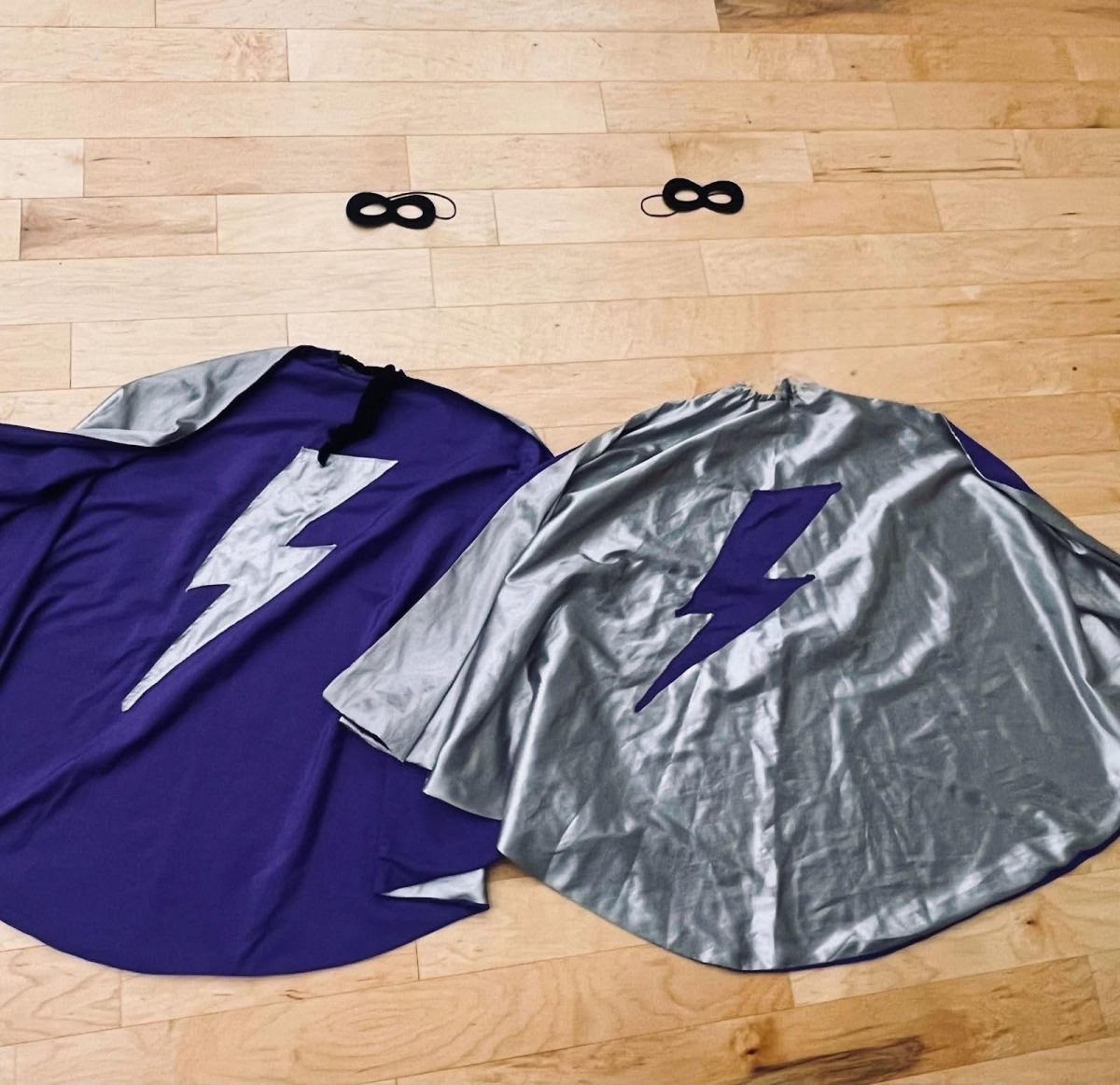![“I think it [a transactional relationship] could be satisfactory to both parties, but I don’t think that’s very healthy or fulfilling in the long-run,” said Weiler.](https://thelibertylivewire.com/wp-content/uploads/2023/12/unnamed-25.png)
Are the relationships in your life transactional? Whether it’s to gain social status or something more understated like emotional support, aren’t we all in relationships because we’re getting something out of them?
“In my eyes, transactional relationships seem very impersonal; it’s like ‘I must always be getting something out of it,’” said Angie Weiler, a mental health counselor for Kirkwood Community College.
Goalcast explains transactional relationships as a “return on investment.” In other words, people in these relationships are maintaining them for self-serving purposes.
It’s important to note that, though the term “self-serving” sounds very intentional, it’s not always that way. For example, you may be scoping out a new friendship in the hopes that the person will help you with homework or buy you presents. You also could be looking for a friend because you’re feeling lonely and are seeking companionship. While both of these examples are self-serving, are they necessarily transactional?
An important factor to consider when answering this question is intention; why were you originally drawn to this person, and what is the real reason you work to maintain this friendship?
If you are choosing to preserve a relationship only to keep the benefits you’re receiving, your relationship is likely transactional. Another sign of a transactional relationship is helping or spending time with each other solely because you feel obligated to do so.
“I think all relationships are transactional to an extent,” said Cole Kerns, 12. “The difference is being friends with someone not because you genuinely like them as a person, but because you like what they can give you.”
There shouldn’t be a “tally system approach” to your relationships. You shouldn’t feel the need to keep track of everything in the relationship. This can happen in regards to “splitting the bill discourse” or the amount of time you spend together.
Relationships aren’t always going to be a 50/50 split. Sometimes, people aren’t able to put 100% effort into their relationships and that’s okay.
“There’s going to be times where it’s not equal, but I don’t think it’s healthy when one person is doing all the giving and it’s not reciprocated,” said Weiler.
It’s normal for the relationship to eb-and-flow. When one party is in a position where they have a lot of free time, are able to pay the bill or give full effort to the relationship. The other party may be on the opposite side of the spectrum. The issues arise when the imbalance is one-sided and perpetual. If one person is always the one “doing the giving,” resentment will grow and the relationship can become unhealthy.
Ultimately, there shouldn’t be pressure for things to always be equal, but both parties should always feel valued and emotionally safe in the relationship.
“Building those connections takes time, effort and trust, but they’re very important,” said Weiler, “Healthy relationships have a significant impact on a person’s life satisfaction and their sense of belonging.”
All relationships are different and no one is perfect, but you should always be working to better the relationships in your life, for you and the people around you.









